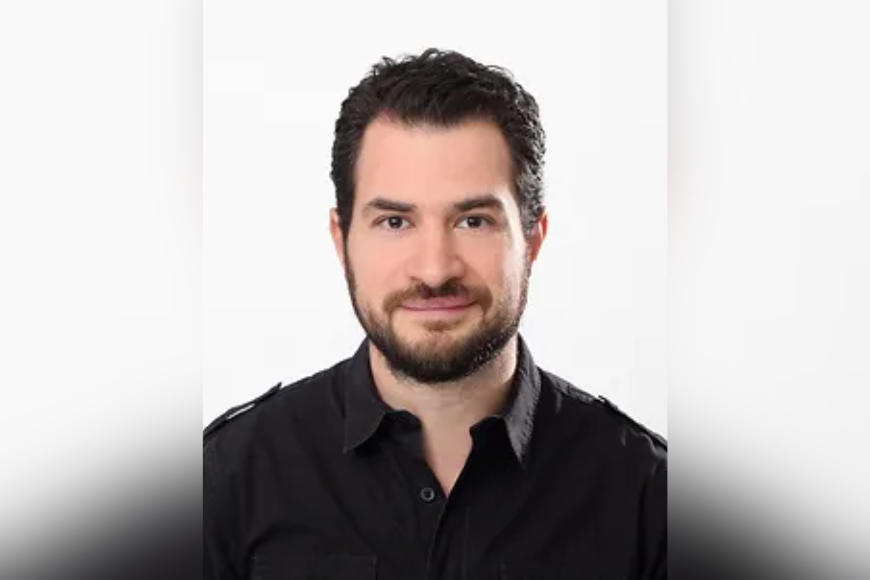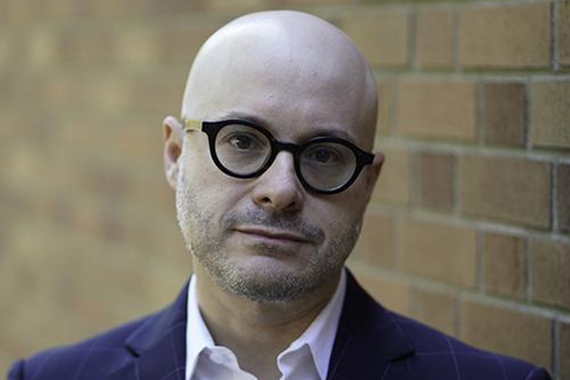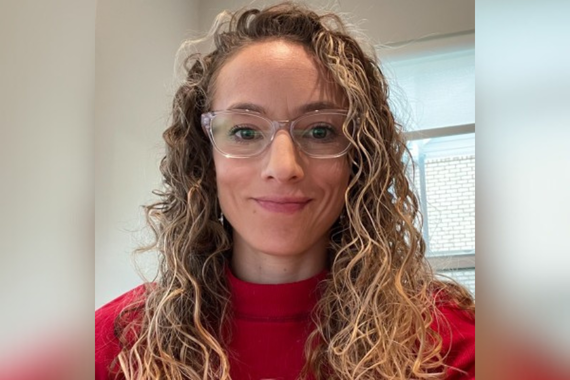Departmental Support Prepared Alumnus for Career in Academia
What was your experience like in the graduate program?
I joined the Political Science graduate program at the University of Minnesota - Twin Cities in 2016. My field was comparative politics. I learned about many things, but my research ended up focusing on human rights promotion. It was a great time; classes were always engaging, even if they required a lot of work, being a part of that environment was exciting.
I also benefited from great mentorship, though I am not sure if I fully realized that at the time. Now it is clear to me that the training I received set me up for success in the academic career I wanted. The faculty offered me many opportunities to do my own research, collaborate with them, and get involved in many aspects of the discipline. It would be hard to overstate how much I learned from them.
Beyond the academic side of things, the department also extended plenty of support—I was lucky. Thanks to the department, I was able to participate in workshops and conferences across the country and the world. Thanks to these opportunities, I was able to combine my training with rewarding personal experiences. It made the graduate experience feel balanced and fulfilling.
What is your current position?
I am an Assistant Professor at Arizona State University (ASU). I teach classes on human rights, Mexico, and political statistics, but most of my time is devoted to research. The process for joining ASU followed the standard academic route: I prepared my materials, an area where again I received great feedback from my UMN mentors, and circulated them broadly. ASU contacted me for an interview and things went well. I am happy to have joined ASU—the program has facilitated my research, which focuses on how to improve human rights in non-democracies. My book project focuses on the effect of economic liberalization on human rights, documenting how liberalization has often destabilized the political pacts undergirding autocracies. The West has pushed liberalization aggressively for this reason—it thought it would help reign in dictatorships; however, the unforeseen consequence I document is that the destabilization liberalization causes has pushed autocracies to become even more repressive than before.
What did you do during your time as a graduate student to prepare for your career after graduating?
I believe the political science program does a good job at preparing its students for academic jobs. The transition from graduate student to faculty member did not feel like a big one to me. Most of the requirements in graduate school taught me the core skills that I use in my current position, though there were exceptions. I think that an important step for all students is to develop a clear idea of where they want to end up and prioritize the tasks that help you move towards that goal. It is important to be strategic about how you use your time in graduate school—five years sounds like a long time, but it is not.
What advice would you offer to current or prospective political science graduate students?
Success in academia is quite idiosyncratic. Things that help in one case may hurt in others. Luck also plays a big role. I ended up going into the job market a year before the pandemic. I am not sure I would have found a position if I had waited longer. There are a lot of unknowns in the whole process; still, with experience, I think people develop a better sense of how to navigate the job market. Identifying strong advisors and trusting them is a good idea.


